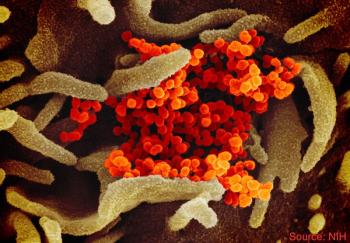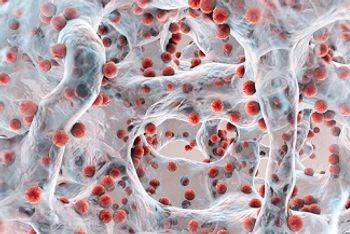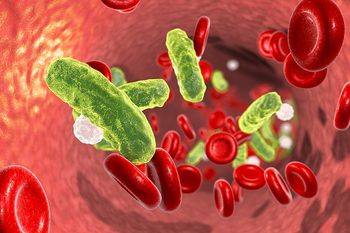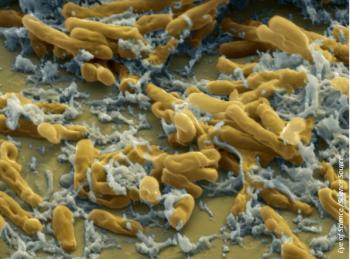
Influenza-associated hospitalization rates among children and young adults are considered higher than recent flu seasons.

Influenza-associated hospitalization rates among children and young adults are considered higher than recent flu seasons.

What can we learn from those who met PUI criteria?

The CDC has confirmed an infection with the virus that causes COVID-19 in California in a person who reportedly did not have relevant travel history or exposure to another known patient with COVID-19

RESTORE-IMI 1 showed a safety difference IMI-REL and IMI+CST when it comes to nephrotoxicity. The team behind a new retrospective study has applied acute kidney injury assessments to the results.

The US Food and Drug Administration has sent the sandwich chain a warning letter over citing involvement in several outbreaks of Salmonella and Escherichia coli over the past 7 years.

Most US cases of dengue came from patients with a history of travel, according to a new report.

An article in Open Forum Infectious Diseases includes advice from and support for fellowship program directors.

Among a cohort of 9 pregnant women who developed COVID-19 pneumonia, there was no evidence of vertical transmission to infants.

Biofilms are an emerging clinical problem despite the fact that most clinicians don’t even think of biofilms when managing infections.

Clinicians accustomed to HIPAA guidelines may not be aware of changes in confidentiality when they make contact with school health care services.

The randomized controlled trial will assess the activity of the antiviral remdesivir among hospitalized adults at the University of Nebraska Medical Center.

A new study looks at how vancomycin-resistant enterococci spread through contact between patients and health care workers.

A small but significant percentage of Americans believe common misconceptions about vaccines, and that misinformation was associated with social media use and lower trust of medical experts, a new study found.

Based on data from 4112 children and adults, vaccine effectiveness was estimated to be 37% against influenza A and 50% against influenza B viruses.

Progression to lower respiratory tract disease was associated with higher total antibiotic-days, use of antibiotics with broad anaerobic activity, and use of cephalosporins with limited anaerobic activity.

Patients who had OUD and sepsis were found to be younger and healthier than patients without OUD.

The US Food and Drug Administration approved the first adjuvanted quadrivalent influenza vaccine for adults 65 years and older.

Here is a look at infectious disease-related US Food and Drug Administration (FDA) news from the week of February 16, 2020.

We’ve compiled a list of recalls issued by the US Food and Drug Administration (FDA) and US Department of Agriculture (USDA) from this past week:

Stay up-to-date on the latest infectious disease news by checking out our top 5 articles of the week.

A mass rabies exposure event in Utah in 2018 highlights the need for early recognition, public awareness and rapid public health response to the disease.

To evaluate the algorithm, the investigators looked at hospital encounters to determine trends in incidence and mortality from January 2011 through January 2019.

Concerns over the possibility of increased neural-tube defects and weight gain on dolutegravir are outweighed by the much lower rates of HIV transmission from mother to baby than are seen with efavirenz.

Investigators recently mapped out influenza and pneumonia cases among residents of long-term care facilities. They found distinct regional variations.

A new hexavalent combination vaccine for diphtheria, tetanus, pertussis, polio, hepatitis B, and Haemophilus influenzae type b won’t be commercially available in the United States before 2021, but the CDC has issued guidance for use of the vaccine in infants.

Studies have shown that human coronaviruses can survive for days on certain surfaces. What does this mean for infection prevention efforts?

The MRSA infection investigation was halted by the data and safety monitoring board due to concerns over acute kidney injury.

System hospitals are proactive in reducing incidence of C diff infections and CLABSIs, according to study in JAMA Network Open.

The new C diff strain may turn out to be particularly severe and requires sufficient monitoring.

Infectious diseases consultations during hospital stays were associated with improved outcomes after discharge in patients with S aureus bacteremia for at least 5 years.